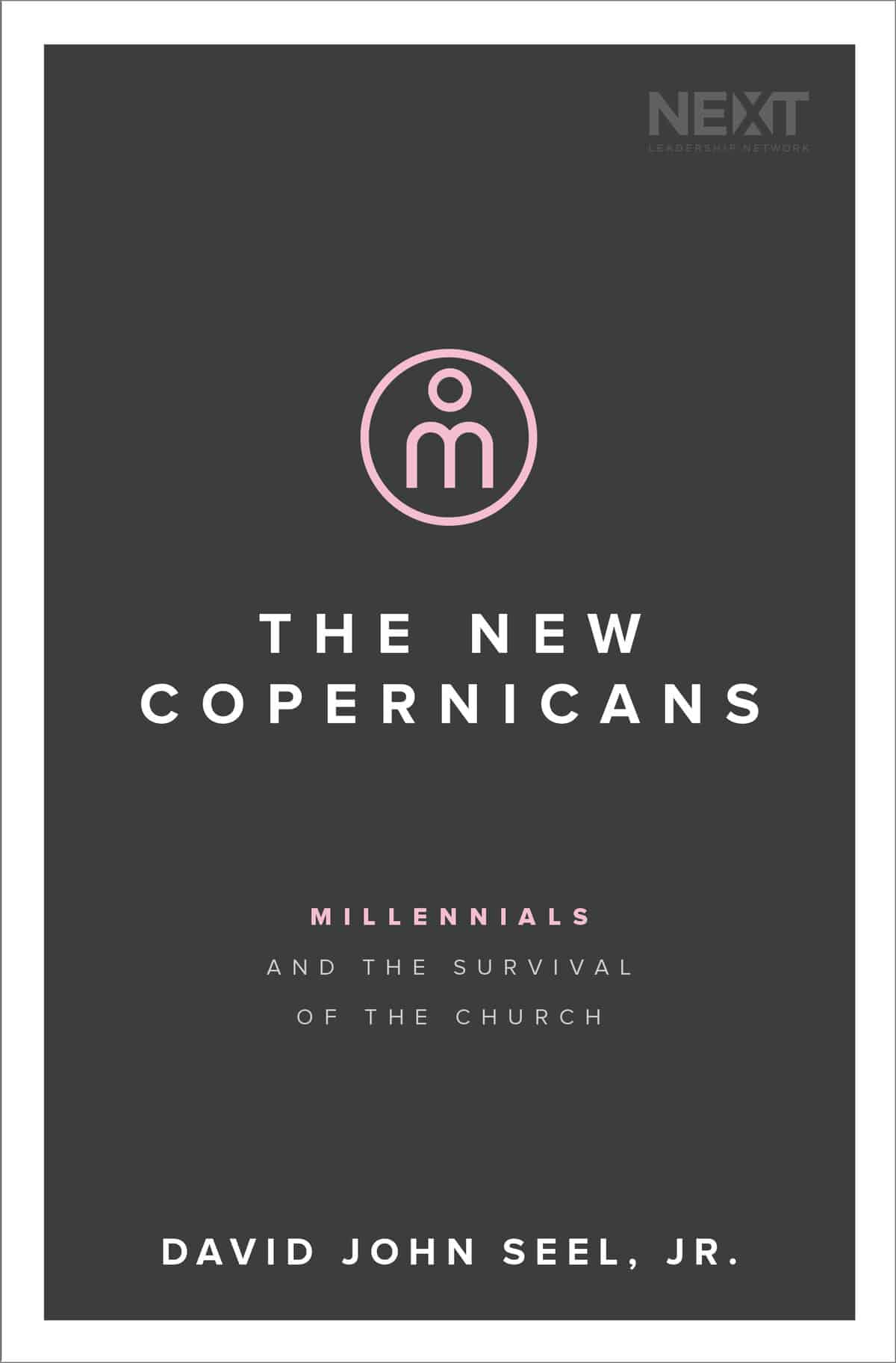
“There are years that ask questions and years that answer.”
~ Zora Neale Hurston
The New Copernicans: Millennials and the Survival of the Church, by John Seel, has turned 2018 into a long-awaited answer to five years of questions and doubt about the church in which I was raised.
Rarely has a non-fiction booked gripped me in the page-turning way this one did. I brought this and Thomas Merton’s New Seeds of Contemplation on vacation last week—not your typical beach fare, but my wife and I were using this respite to search for some life perspective. I began The New Copernicans first and couldn’t put it down. Amidst the clamor of tourists indulging in all-you-can-drink rum daiquiris and locals selling their wares, my life quietly but dramatically changed. Each page peeled away a layer of suffocating guilt, doubt and isolation—feelings that, until now, I’ve been too afraid to talk about because I thought I’d be misunderstood.
Each page peeled away a layer of suffocating guilt, doubt and isolation—feelings that, until now, I’ve been too afraid to talk about because I thought I’d be misunderstood.
Though a bit of a rebel in other areas, I’m not prone to agitate when it comes to faith. Throughout my life I’ve found a sense of security in being told what is true by leaders in the church whom I love and admire. But several years ago I experienced a life event that changed me from a secure-in-my-faith evangelical to a haunted wanderer. It was an onslaught of bewilderment, a years-long spiritual dilemma without a reprieve. The carpet pulled out from under me, I floundered without the sure footing to which I was accustomed.
Feelings that felt foreign and frightening overwhelmed me:
Christianity as I know it isn’t working out.
My prayers don’t seem to help.
Much of the Bible doesn’t make sense to me and I’m not wired to spend a lifetime trying to decode it.
Out of all the people who have written about the Bible over the centuries, how do we pick which ones have correctly figured it out?
How did people have “quiet times” before widespread literacy and the printing press?
I’d rather be a filmmaker than a theologian.
Should I try the mystics?
What should I teach my kids?
Maybe I’m Catholic.
Maybe I’m a Jesuit.
Or maybe there’s no God at all.
I stopped going to church regularly, stopped reading my Bible, and stopped praying as I had been taught to do. The hardest part was fending off the guilt that came with giving myself permission to stop doing these things. But the other option was to keep slugging through an inauthentic faith.
I didn’t know anyone with whom I could be honest about what I was experiencing. My wife could hold my hand through the chaos, but she was as confused as me. I’ve wandered through these years finding glimmers of help through people, different frameworks and practices including Krista Tippett, Terence Malick, Richard Rohr, the Enneagram, Spiral Dynamics, family, filmmaking, storytelling, neuroscience, meditation and entrepreneurship.
And now, Dr. Seel.
As a Gen-Xer I wasn’t sure this book would apply to my generation, but the New Copernicans mindset resonates with me deeply. It’s not just a thesis on understanding millennials. It’s a look inside the evangelical church and what it needs to do (and stop doing) in order to adapt to present and oncoming culture. It’s a thoughtful, relatable look at the modern history of western Christianity. It’s a call to humility and self-examination, and an explanation of the internal upheaval I’ve experienced. It’s just what I needed. With this book, Dr. Seel has reframed the hopeless perspective of my faith. He has shifted my mindset from one of a wanderer, to an explorer. He has helped me see that it’s not just me; there’s a cultural shift happening.
With this book, Dr. Seel has reframed the hopeless perspective of my faith. He has shifted my mindset from one of a wanderer, to an explorer. He has helped me see that it’s not just me; there’s a cultural shift happening.
Just a few quotations that stuck with me:
“There are some experiences that defy explanation and formula, where silence and wonder are a better response.”
“Since the Enlightenment, the West has distorted the way the brain is supposed to work and thereby adopted a distorted view of reality. This distortion is intrinsic to much of evangelical thinking.”
“Consider the way in which we have been taught to study the Scriptures: observation, interpretation, and application…This is a thoroughly modernist approach to Bible Study. The evangelical church has adopted an “intellectualist model of education,” as evidenced by the evangelical church’s preoccupation with the worldview approach to apologetics and discipleship…The best of neuroscience would tell us that we’ve gotten it just backwards. We learn best from experience that captures our imagination and which we subsequently reflect upon analytically.”
“There is something terribly wrong with our churches when we cannot be safe places for unsafe questions…We must be able to give voice to our doubts even as we walk in faith.”
“We are lovers and desirers before we are thinkers and analyzers.”
The book is about more than the survival of the church; it’s a survival guide for anyone caught in a mystery of faith. Part of me wishes I would have had this insight five years ago. With reflection, though, I’m strangely grateful for the process I endured. Although I encountered much doubt and confusion, some strained relationships and a little bitterness, I would not have come to my current frame of reference without the gauntlet of personal experience. With this book, Dr. Seel’s wise words of clarification have helped five years of wandering come together sweetly and sacredly. I still have many questions, but I am, at last, excited to explore again.
After a decade working in Hollywood on other people’s movies (Ang Lee, George Clooney, Keenan Wayans, etc.) Marc Havener moved to the filmmaking mecca of Kansas to start his own production company. Resonate Pictures’ shorts have screened in 70+ festivals around the globe, while its corporate films have been recognized with top industry awards. Marc lives with his wife, writer and editor Jenea, son and two daughters in Lawrence.

